Sureties products are essential tools used to support of trade throughout the world. They are used to provide comfort in situations where one party is not comfortable with the size / market standing / operation of a potential counterparty this it is looking to establish a relationship with. While this can occur in domestic settings (within one country) it is even more relevant in respect of international cross border arrangements where the parties may operate in a completely separate, often distanced, jurisdictions into which there is limited international visibility.
The global Surety market was valued at US$16.07Bn in 2019 and at that time (pre-pandemic) was predicted to grow to US$25.18bn by 2027, representing a compound annual growth rate of 6.4%. This clearly evidences that there is a significant, and growing market for Sureties business throughout the world. While the Covid outbreak has had an impact on the market, a return to normality is expected though this could take between 12 – 24 months to occur.
Geographically, the US is seen as the largest market for Sureties. Bonds and guarantees are however widely used throughout the globe and are considered essential to trade, and in particular international trade, as the products provide a mitigant for perceived cross border risks.
As lesser developed countries, principally the African Nations, the Far East and Latin America look to improve their economic standing through investment in infrastructure projects, the demand for Sureties in these regions is expected to increase disproportionately.
These regions are therefore prime areas for agile Sureties providers, such as Klapton, to provide the necessary support to facilitate infrastructure investment projects, recognising that larger market players, which are comfortable in supporting projects in well-established, well-developed spheres are likely to be more reluctant to operate in less developed regions.
Sureties markets in developing countries in the past have considered financial institutions locally incorporated or state-owned as essential elements of economic and political independence. However, structural, financial and technical constraints, such as the small size of markets and the lack of sufficient experience, has limited the retention capacity of these markets. Reducing the reliance on foreign insurance and reinsurance has, however, remained an important policy issue. Consequently, while an African based project may involve the provision of goods and services from, for example, an established European company, it would be a prerequisite that any Surety required to cover the risk of the European company be provided by a local African entity.
Focus on Sub Saharan Africa
The pandemic has had a significant impact on Sub-Saharan African economies in 2020, with growth contracting by 3%. Despite this, the region is predicted to grow by 3.1% in 2021. Metal, oil exporting and countries that rely on tourism have been most heavily impacted, whereas those countries with more diversified economies, such as the Ivory Coast and Kenya, where KIC has a well-established presence, fared better.
A further impact of the pandemic was the outsized number of Sub-Saharan African countries which saw their sovereign credit ratings downgraded in 2020. Compared to the global, sovereign downgrade figure of 15%, the number of African country sovereign downgrade was much higher at 36%.
Despite the above issues, commentators see cause for optimism because Africa has been affected less than other regions by the pandemic. Low interest rates in Western economies could encourage institutional investors to chase higher yields on the continent. The African Continental Free Trade Area (AfCFTA) may also be a conduit to accelerated development provided that infrastructure projects maintain access to finance. Such additional investment into the region should result in increased demand for Surety products to support project driven economic development.
In addition, it is noted that for more than a century, foreign direct investment (FDI) in Africa was almost exclusively focused on the extraction and export of natural resources. But since the turn of the millennium, the momentum has shifted — and in the past few years the trend has finally flipped. Global investors now come to Africa more often for the opportunity represented by its people rather than for its physical properties.
Petroleum and mining now count for a minority of long-term capital inflows, with more investors focused on telecommunications, retailing and services. Clearly, extractives now make up a smaller share of total investment.
However, this evolution away from the extractive industries is not just a function of improved investment climates in sub-Saharan Africa. FDI in Africa often comes from state-owned enterprises and international or bilateral institutions that have more than just commercial concerns in mind, especially for large infrastructure projects such as ports and railroads.
But even if Africa’s improved investment climate is just one of several factors driving the change, its results are self-reinforcing — because, regardless of the motivation, when one investor builds a port or a road, another one can use it.
The perception of an improved economic climate, greater political stability and move away from the extractive industries into other new sectors as key factors underlying ongoing FDI into Africa provide a further basis for an expected rise in the demand for Sureties in the region.
Summary
The use of Sureties is fundamental to trade in general, and international trade in particular, with significant growth in the use of Sureties instruments, especially in developing countries, expected. With its established footprint in Sub-Saharan Africa and agile approach to business Klapton looks forward to being able to provide Surety Support for business and economic advancement in both developing countries and other areas around the world.

